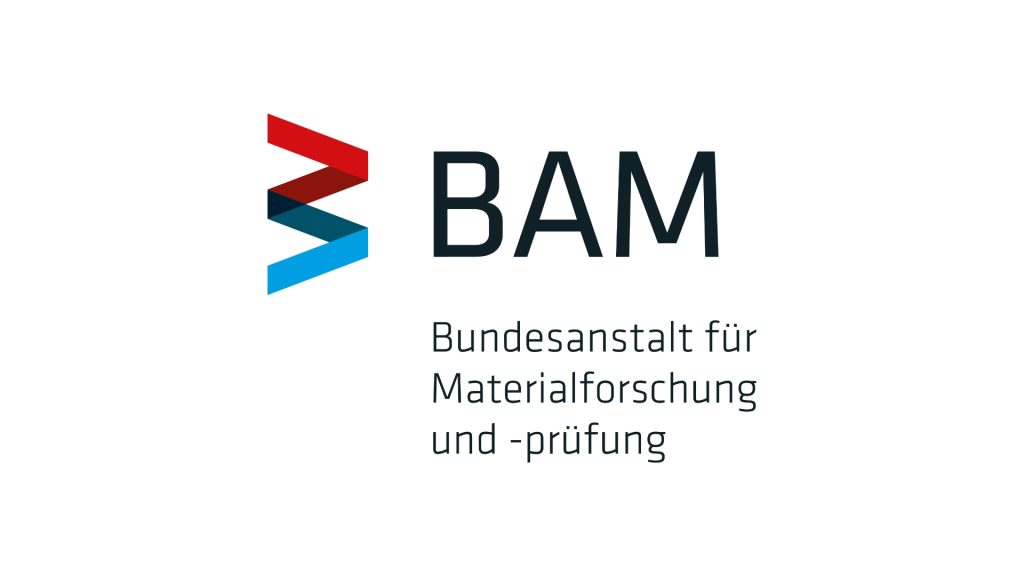
With a history dating back to the late 19th century, the Bundesanstalt für Materialforschung und -prüfung (BAM) has a long-standing presence in the field of material research and testing. It originated from the State Material Testing Office in 1871 and later, the Chemical-Technical Reichsanstalt in 1920, and has evolved over time to keep pace with technological advancements. BAM currently employs 1600 people and operates as a Federal Institute under the Federal Ministry for Economic Affairs and Climate Action, with a mission focused on research, testing, and consultation to ensure safety in technology and chemistry. The institution is dedicated to setting and maintaining rigorous safety standards, both nationally and internationally. BAM’s research is structured around five thematic fields: Energy, Infrastructure, Environment, Material, and Analytical Sciences, which collectively contribute to enhancing safety in technology and chemistry.
The Department of Structural Safety is dedicated to advancing the realm of civil engineering through the exploration of novel construction materials and techniques. This encompasses a comprehensive examination and assessment of the robustness and longevity of construction materials, building components, and structures when exposed to intricate mechanical, environmental, and corrosive conditions, including fire. This scrutiny spans the entirety of a structure’s lifecycle, encompassing considerations for potential recycling.
In the realm of railway research, significant achievements have been made through a series of projects, publications, and services. This includes railway bridge dynamics, railway-induced ground vibrations, safety and durability of sleepers, and structural health monitoring of railway bridges. Considering the safety of high-speed railway infrastructure, the vertical and lateral stability of ballasted tracks was examined with large-scale shake-table tests.
Relevant experience from projects or activities related with railways and bridge dynamics:
Website: www.bam.de
